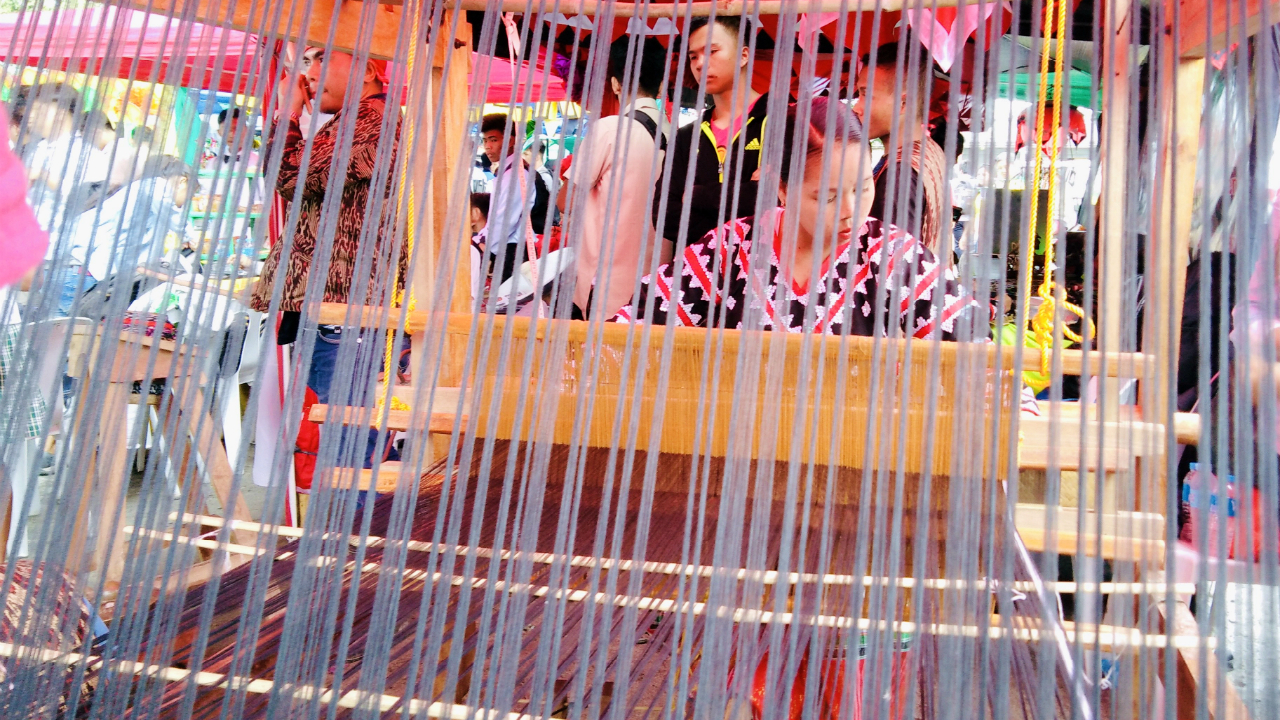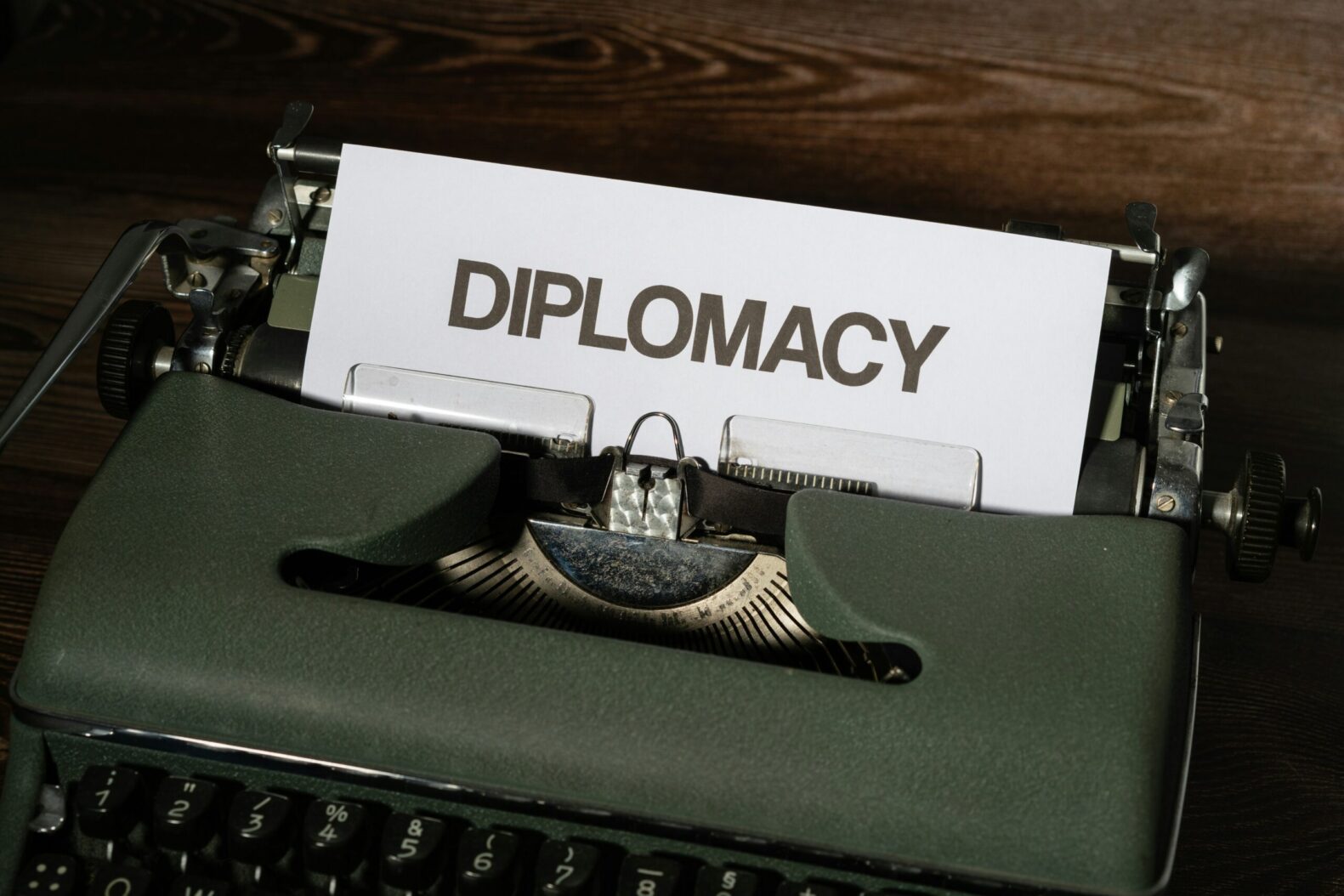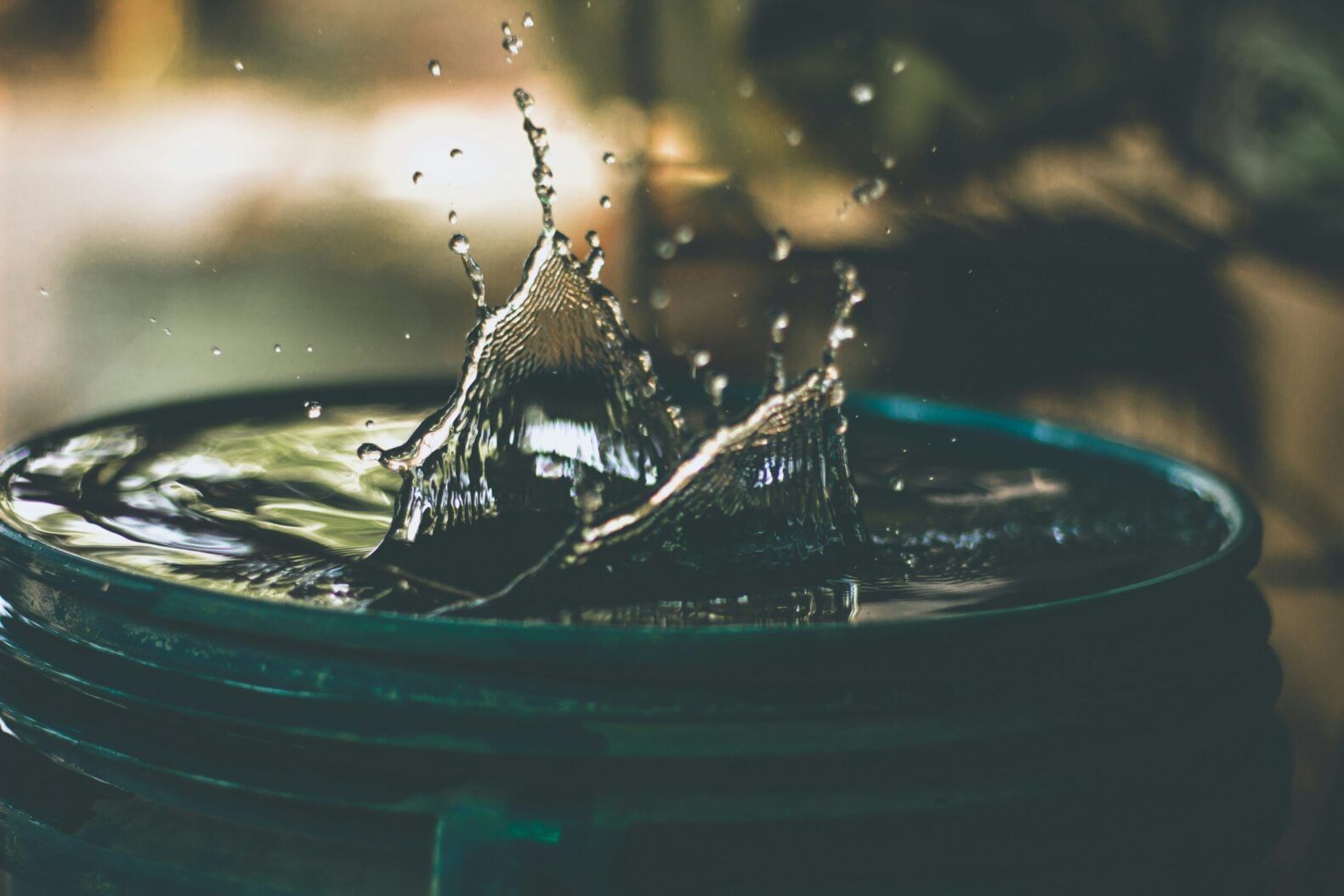
Weaving a sustainable future for indigenous students
In the southern Philippines, a culture-based senior high school program is serving the Tboli community with an innovated approach to education.
For several decades, indigenous peoples in the Philippines have advocated for change in the country’s basic education curriculum to make it relevant and meaningful to their diverse educational and cultural context.
The Philippine Department of Education is heeding the call in the municipality of Lake Sebu, in the province of South Cotabato in the country’s southernmost region of Mindanao. The area is home to the Tboli, an indigenous cultural community known for their numerous crafts including the backstrap weaving of dyed abaca cloth called tnalak.
In 2015, the Tboli Sbu Senior High School — a pioneering indigenous peoples’ public school –was established. It is the first school of its kind in the Philippines to develop and offer a technical-vocational-livelihood program that is grounded on the culture of the community it serves. The school was conceptualized specifically for Tboli youth, and was one of the few early implementers of the Philippines’ recently implemented senior high school program.
In November 2018, our project team visited the school and saw for ourselves the inspiring work that the teachers have been doing with remarkable passion, perseverance, and creativity. Unique to the school is a sustainable community resource management strand that provides students with the option to specialize in either ecotourism or livelihood management. These are not among the usual strands offered in most senior high schools around the country.
The sustainable community resource management program aims to preserve and better manage the indigenous peoples’ community resources, local expertise, and cultural heritage. An integral part of the program is the engagement of culture bearers and elders who teach traditional knowledge and skills in weaving the tnalak, as well as pedal loom weaving, called lewek, and embroidery (mesif). Women weavers of the traditional tnalak are often called “dreamweavers” because the designs are said to be revealed to them through dreams. The elders also teach other traditional crafts such as brass casting (temwel) and wood carving (temuos).

Students in the ecotourism program are trained in environmental conservation and sustainable tourism management and practices.
What set off the creation of a culture-based curriculum for the Tboli Sbu Senior High School was the recent education reform in the Philippines that introduced universal kindergarten and an additional two years of high school, also known as the K to 12 program. The reform highlighted “curriculum contextualization”, which is exactly what indigenous people were advocating for. The Department of Education also adopted the National Indigenous Peoples Education Curriculum Framework, which allowed for a senior high school program that is “responsive and suited to the needs, concerns, and aspirations of the [indigenous] community”.
Guided by community research and participatory design processes, the school’s unique senior high school program was developed in close collaboration with community elders and other stakeholders, including the local government. The Department of Education and the indigenous community partnered with a leading private higher education institution in Mindanao – the Ateneo de Davao University – in developing the curriculum and training and mentoring teachers. It is a notable example of a successful public-private partnership for education that leverages the resources and strengths of key stakeholders and partners to deliver basic education services to the community.
In the current school year 2019-2020, 127 students (gender-balanced with 63 female and 64 male students) are enrolled in Grades 11 and 12. Apart from the technical-vocational-livelihood track, the school recently expanded its program to include the humanities and social sciences strand under the senior high school academic track. It has now become a benchmark for Department of Education offices and schools in other parts of the country which are considering senior high school curriculum development for indigenous communities. The school continues to harness the community’s resources, expertise, and cultural heritage in facing national and global realities without compromising the integrity of Tboli culture.
The Tboli Sbu Senior High School is a good example of a successful implementation of a senior high school program that is sensitive to specific contexts and tailored to the dynamics of community needs and social and economic demands. It is a school that is weaving a sustainable future for its students.
Source: https://blogs.adb.org/blog/weaving-sustainable-future-indigenous-students






